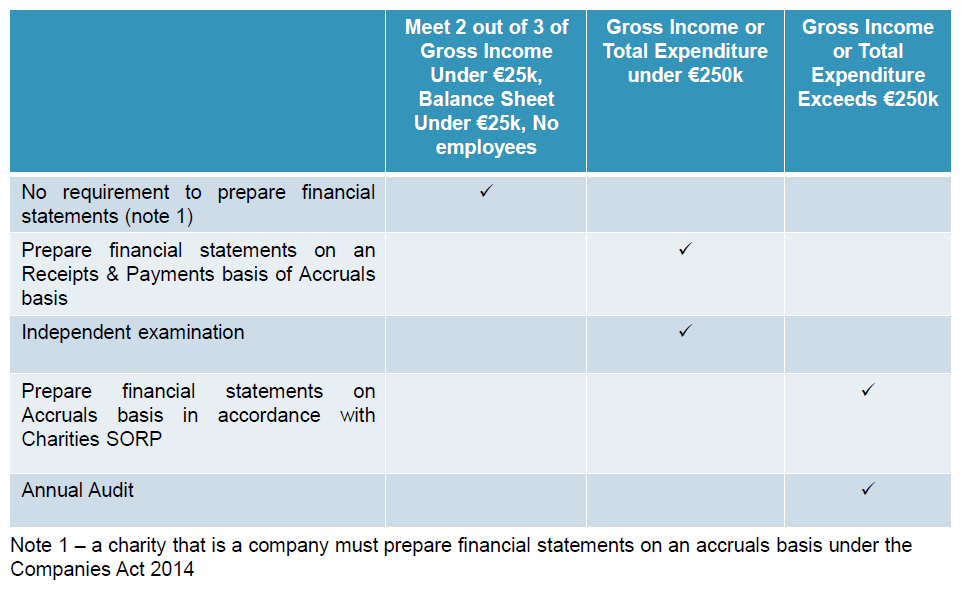
A bespoke Leadership & Management Programme was recently completed by 27 members of our management team (senior managers, managers, and assistant managers).
The certified programme, which was delivered by UCD’s Professional Academy, required a significant commitment from the team as it took place over an 8-week period for a total duration of 24 hours.
The course was developed to give participants an understanding of how a successful and productive environment can be established and maintained over the long term through team development and performance enhancement. The broader aim of the course was to help develop quality leaders, who will in turn foster a positive and supportive workplace culture.
“I learned various strategies on how to effectively mentor my team members to be able to produce a quality output while developing their skills.”
– Kyna Lontok, Manager, Risk Consulting
The training took place over Zoom and brought together management from our Dublin and Cork offices for intensely interactive sessions. The sessions comprised eight classes that covered a range of interesting and relevant topics, such as Coaching and Mentoring as Managers, Getting the Best from Your People and Difficult Conversations. The programme made extensive use of case studies to ensure the sessions were applicable to real-world scenarios in the contemporary workplace.
“The biggest takeaways for me was on communication together with motivation. What motivates me may not always motivate my team. I feel the course has made me more aware of the qualities required to both lead and manage a team.”
– Joanne O’Sullivan, Manager, Audit & Assurance
The programme aligns with Crowleys DFK’s commitment to learning and development, which is a key part of our overall business strategy and a core component of our Performance Development Programme (PDP). The firm recognises the value of supporting its management teams, both new and experienced, with ongoing training. Participating in this programme will help our managers more easily navigate daily challenges, handle their varied workloads, and ensure the continued success of their teams.
I gained valuable insight into the various forms of leadership, the difference between coaching and mentoring and the importance of both in developing team members.
– Brian O’Donoghue, Assistant Manager, Accounting & Financial Advisory
If you are interested in developing your career with Crowleys DFK, take a look at our career options.











